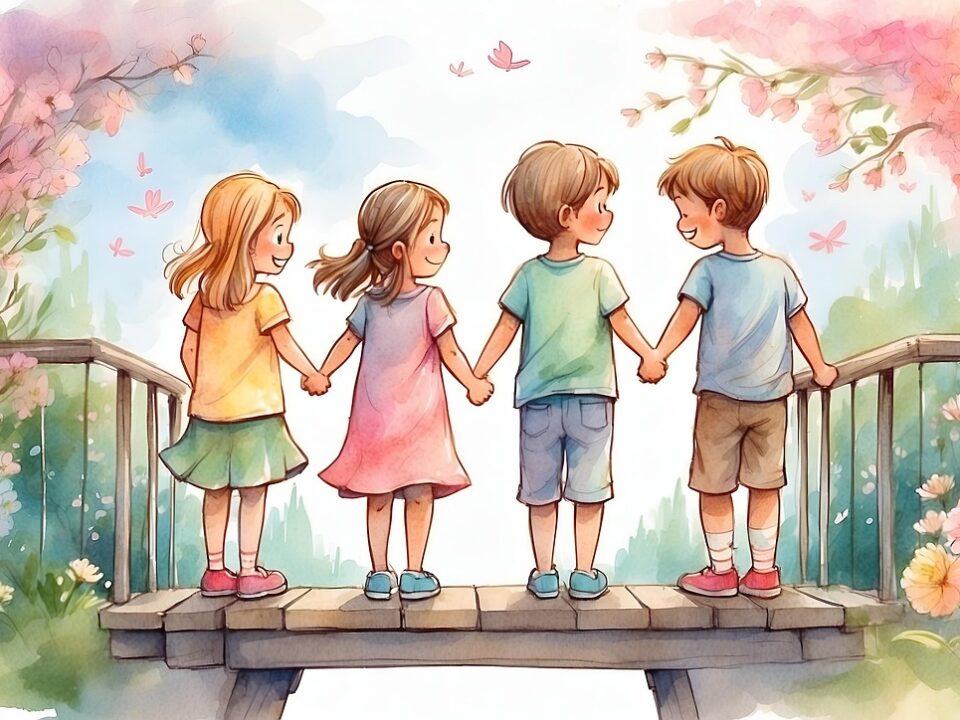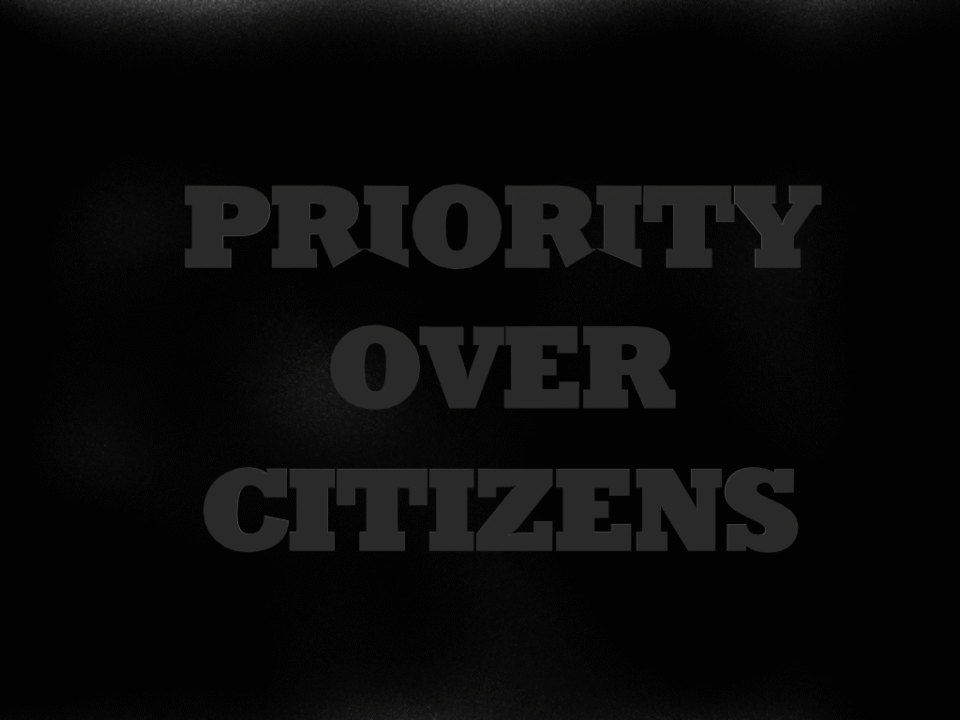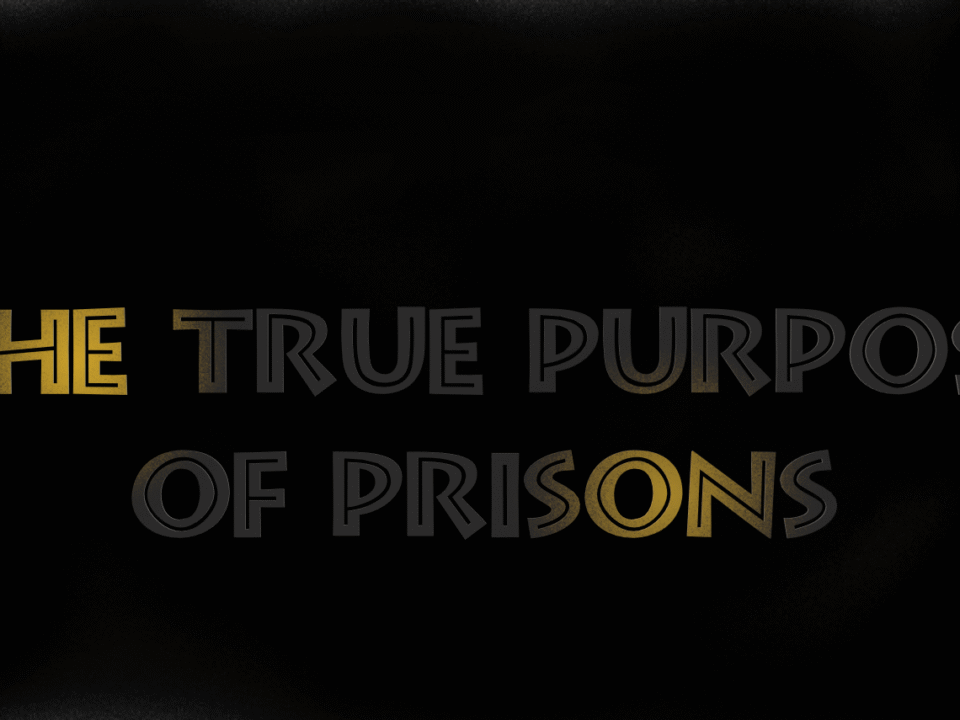
A Victim
June 30, 2025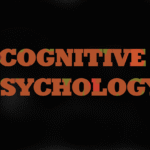
Cognitive Psychology
July 7, 2025Nationalist or Patriot?
Patriotism:
Nationalism
Emphasis on national unity, distinctiveness, and often a desire for political independence or dominanceCan be positive or negative, but often carries a connotation of being exclusionary, potentially leading to prejudice or conflict with other nationsA political movement that seeks to overthrow a foreign government and establish an independent nation-state based on national identity can be seen as nationalis
Part3
Nationalism, on the other hand, which has positive elements of love, pride and protection of country, can also degenerate into superior and separatist beliefs that do more harm than good in fostering the overall well-being of a country and all of its citizens.
Nationalism often includes the promotion of distrust or disapproval of other citizens, ethnic groups, or other countries, giving rise to extremism and hate groups, This is evident in recent nationalist movements in this country.
If you identify as a nationalist, on which side of nationalism do you identify?
But embracing the good of nationalism — love and protection of country — and the values of patriotism could make for a winning combination.
What would a “Patriotic Nationalist” look like?
Perhaps like this.
Rather than fighting against and undermining our sacred documents — the Declaration of Independence, the Constitution, and its Amendments — we would devote time to understanding, upholding and applying them.
Instead of denigrating and ignoring our branches of government and the roles they play in enabling and protecting our institutions and individual rights, we would promote respect and support for them.
We would see our sacred documents, branches of government and institutions as works in progress and not something that should be weakened, discarded or destroyed.
Part5
Perhaps, committing to the good aspects of both creates a bridge that we can cross together to tackle and solve the challenges our nation faces.
No matter what you call it or how you label it, the health and well-being of this nation moving forward will require that most of its citizens at least be strong patriots. A country will not survive without them.
During the fight for the nation’s independence in 1776, Thomas Paine wrote about the need for a country to have happy patriots who draw strength and become even more committed during adverse times or national crises.
On this, the most patriotic holiday we celebrate, what do you think? What thoughts are you passing on to future generations?
Amid all the fireworks, picnics, parades, travel plans, and parties — all of which we take for granted — do you consider yourself at least to be a real patriot, a patriotic nationalist, neither?
Part2
Definitely you are not a racist as some stupid clever they call some of the patriots.
As we celebrate the nation’s 247th birthday amid what appears to be intransigent partisan political divides on many fronts, it seems a good time to ponder what patriotism and nationalism means in America today.
Are you feeling patriotic or nationalistic as we pause to celebrate this Fourth of July?
Which? And if neither, why not?
While it is great to be able to get away, have a picnic or take in a parade, celebrating Independence Day in our hearts and minds should mean much more than that.
Our nation needs us to reflect on its true meaning during these challenging times.
What does patriotism and nationalism mean to you?
Since our school days, we have been taught what patriotism means and have taken part in the traditions that reflect it — from reciting the pledge of allegiance to singing the national anthem and other patriotic songs during public commemorations and events.
Patriotism is generally defined as having a genuine love for one’s country, including feelings of pride, devotion and vigorous support and attachment to the homeland as well as fellow citizens.
But patriotism is often confused with nationalism. While they may share the love of country, they are not the same.
Patriotism, historically and now, is based on positive values and feelings like freedom, justice and equality. There is the fundamental belief that the system of government and fellow citizens are inherently good and work together for a better quality of life for all.
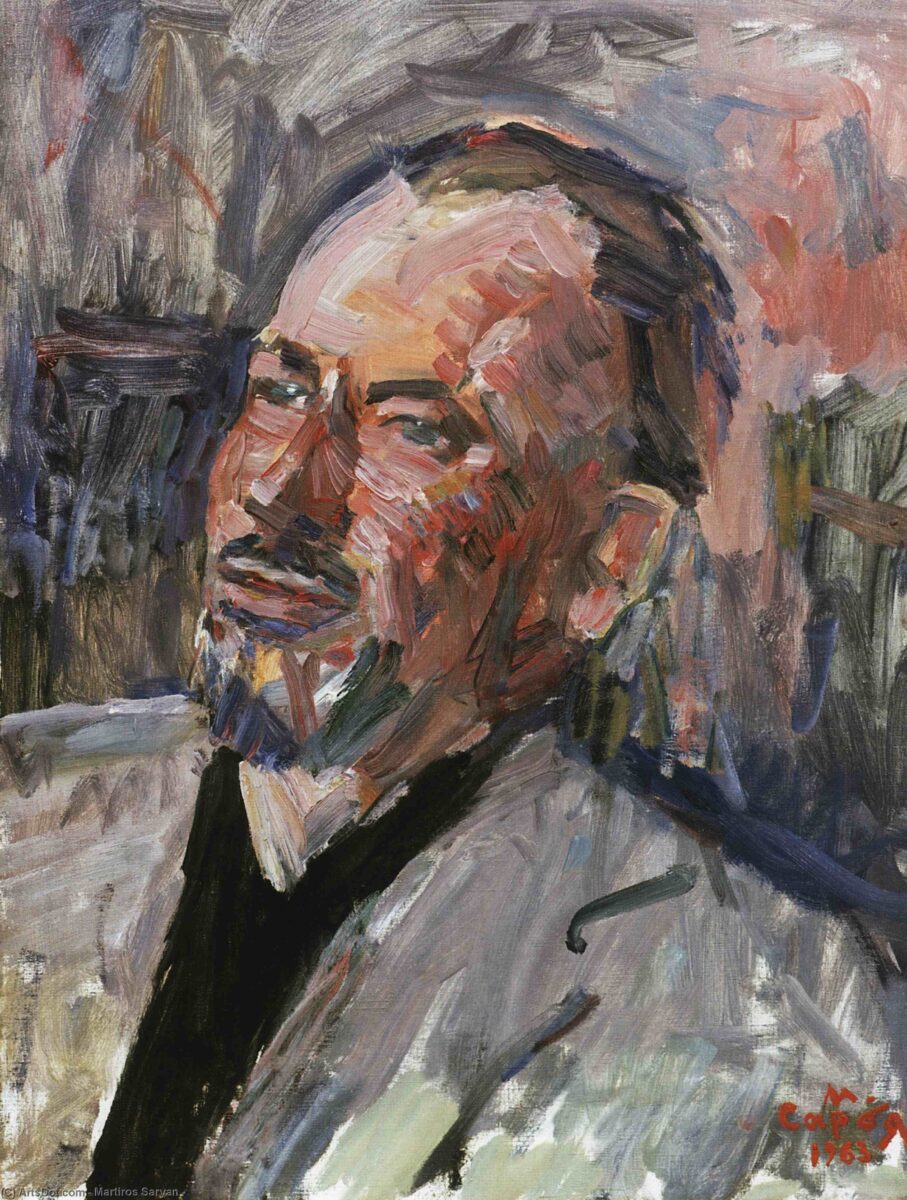
Part4
As patriotic nationalists, it means caring enough for our individual and collective well-being by adhering and abiding by the rule of law in all our conduct and behavior, and demanding the same from others.
We would eschew, oppose and work against policies and actions that undermine or threaten the nation’s character, identity and stability at home or abroad.
It is not “us” against “them” especially within our borders, and as we continue to assume roles on the world stage that are not only in the best interests of America but all humanity.
Patriotism and nationalism need not be diametrically opposed. There can be real strength in their coexistence when we embrace and live out the positives.
Even if you think being a “Patriotic Nationalist” is an impossibility based upon what being a nationalist or patriot means to you, then with which do you most identify?
Which do you think our country needs most in these divisive and precarious times we find ourselves?
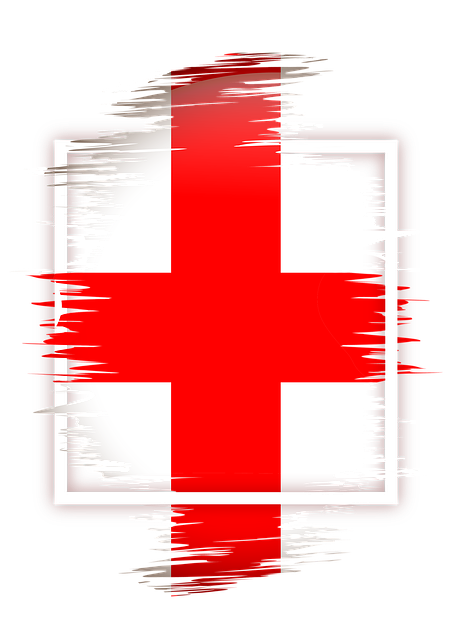
Part7
Nationalism is a set of beliefs about the nation: its origins, nature, and value. For nationalists, we are particular social animals. On the one hand, our lives are structured by a profound sense of togetherness and similarity:
We share languages and memories. On the other hand, our lives are characterized by deep divisions and differences: We draw borders and contest historical narratives.
For nationalism, humanity is neither a single species-wide community nor an aggregation of individuals but divided into distinct and unique nations. At the heart of nationalism are claims about our identity and needs as social animals that form the basis of a series of normative claims.
To answer the question “what should I do” or “how should I live,” one must first answer the questions “who am I” and “where do I belong.”
Nationalism says that our membership in a nation takes precedence and ultimately must guide our choices and actions. In terms of guiding choice and action, nationalist thought proposes a specific form of partiality.
Rather than treat the interests or claims of persons and groups impartially, the nationalist demands that one favors one’s own, either as a group or as individual persons.
Part6
The English word “patriot” derived from “compatriot”, in the 1590s, from Middle French patriote in the 15th century. The French word’s compatriote and patriote originated directly from Late Latin patriota “fellow-countryman” in the 6th century.
From Greek patriotes “fellow countryman”, from patrios “of one’s fathers”, patris “fatherland”. The term patriot was “applied to barbarians who were perceived to be either uncivilized or primitive and who had only a common Patris or fatherland.”
The original European meaning of patriots applied to anyone who was a fellow countryman regardless of the socio-economic status
By ‘patriotism’ I mean devotion to a particular place and a particular way of life, which one believes to be the best in the world but has no wish to force upon other people.
Patriotism is of its nature defensive, both militarily and culturally. Nationalism, on the other hand, is inseparable from the desire for power.
The abiding purpose of every nationalist is to secure more power and more prestige, not for himself but for the nation or other unit in which he has chosen to sink his own individuality
Part8
While nationalism does not claim to be the only form of partiality, it does claim to outrank all others: Loyalty or obligations to other groups or identities are subordinated to national loyalty. Together, these claims function as a political ideology.
Nationalism identifies the nation as the central form of community and elevates it to the object of supreme loyalty.
This fundamental concern for the nation and its flourishing can be fragmented into narrower aims or objectives: national autonomy, national identity, and national unity.
Debate on nationalism tends to divide into two clusters, one descriptive and one normative, that only make partial contact. For historians and sociologists, the questions are explanatory:
What is nationalism, what is a nation, how are they related, and when and how did they emerge? Philosophers and political theorists focus on the justification of nationalism or nationalist claims: Is national loyalty defensible, what are the limits of this loyalty, how do we rank our loyalties, and does nationalism conflict with human rights?


